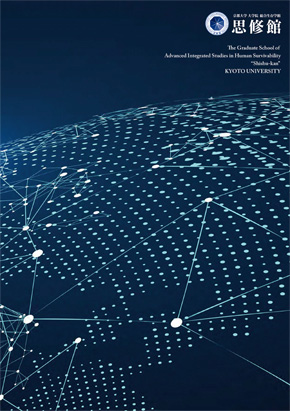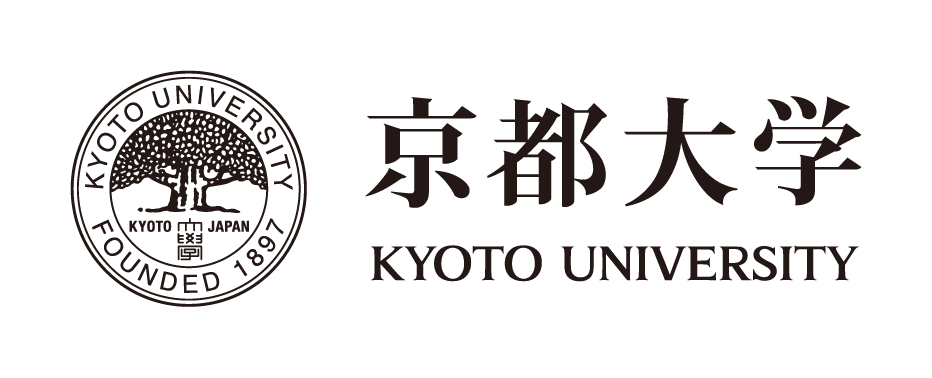Student Activity: Internship at ACER
As the overseas fieldwork(Mushashugyo), the 4th grade students go to internship at international institutions for about 8 months.
Here is the interview to Shotaro Naganuma, who just came back from his internship in Australia.
Profile
Name :Shotaro Naganuma
Specialty :Education
Institution :Australian Council for Educational Research (ACER),
Assessment and Psychometric Research Division
Place :Melbourne, Australia
Intern Periods:7.5 months(2016/8/15-2017/3/24)
Please tell us what you did during your internship.
At work, I joined in more than 10 different projects: national educational test development, analysis and reporting of international survey results, literature review and reports writing for current educational policy, and development of learning materials, etc. In the educational tests, I was involved in from basic tests such as national academic achievement tests, to challenging tests for talented children with the contexts of cutting edge scientific research, and to new STEM integration test—integrating science with mathematics and engineering areas. Eight months’ participation in these state-of-art and influential educational test developments have stimulated and encouraged me quite significantly.
Is there any impressive episode?
What was most impressive to me was the underlying notion in ACER, especially in test development. For me who had been studying educational assessment in Japan, tests was just used to measure student’s current acievement level, and then used for teachers for subsequent teaching. However, the very first thing I learned at ACER was the idea of making interesting and motivating tests that students were interested in learning in that field during tests. This thought had a large impact on me, who had been dominated with the idea that tests were just a measurement instrument.
What are the benefits you get from the internship?
Working as an international intern supported financially as a graduate school curriculum seemed quite different from working as an intern with own expense during a leave of university. Mushashugyo invokes certain sense of mission to gain as much knowledge and experience as possible. Simply completing given tasks was insufficient. I was always exposed to the opportunity to ask myself “What am I learning from this experience and what can be applied in the future?” While sometimes this self-question puzzled me, this precious opportunity inspired myself again and again.
Any message to future GSAIS students?
During Mushashugyo, I could cope with my tasks very well. However, I often failed to follow the politics and economics topics, through which I realized that what I was lacking was not English skills, but knowledge in other topics. To be aware of this, I felt keenly that it was not enough to stay only in Japan. By all means I want you to fly to the world, see you more clearly, and move forward.
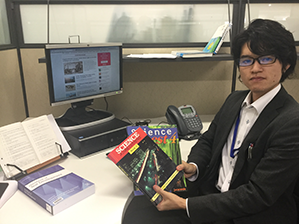
▲My working desk
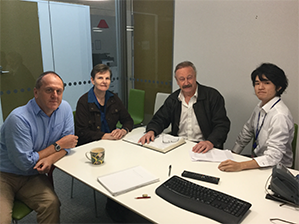
▲Science test development team
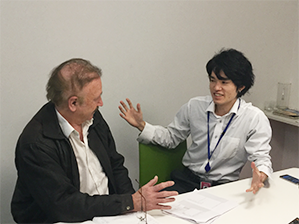
▲Discussion with my boss
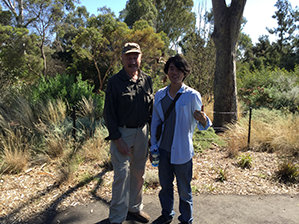
▲At Melbourne Zoo with my supervisor
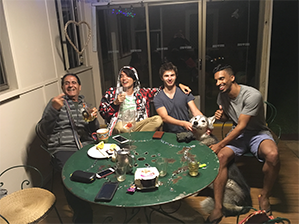
▲Farewell party with my housemates


